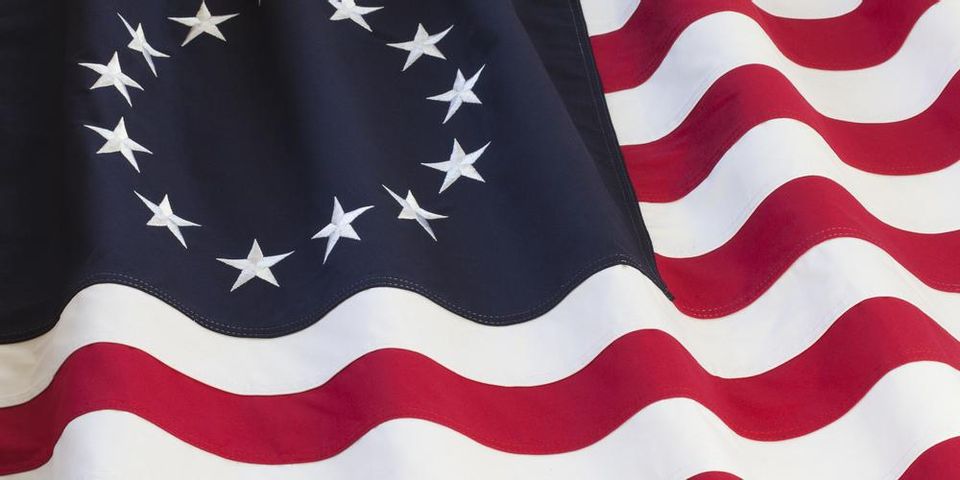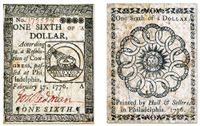The History of American Currency, Pt. 1: Paper Money in Early America
By Coins Plus


Paper money is such a common item in our modern financial system that it is often too easy to take it for granted. However, over the last two centuries, U.S. banknotes have undergone numerous changes both in design and function. To make sense of this evolution, we at Cincinnati, OH’s Coins Plus have created a three-part timeline, starting with pre-Revolutionary War America.
Origins
There were three types of currency in the colonies of British America: specie or coins, paper money, and commodity money. Commodity money – meaning tobacco, beaver skins, and wampum – was only used when the other currencies were scarce. Coins remained the most prevalent of the three types until, one by one, colonies began issuing paper currency when coins became scarce. These banknotes thus became the first paper money authorized by any government in the Western World.
At first, paper money did not have much value, so they were instead used as bills of credit to represent one’s indebtedness to the holder until they could procure funds. Regardless, many of the colonies used this new currency to fund military campaigns. The Massachusetts Bay Colony, for example, financed an expedition to Canada with them in 1690.
The colonies tried to strengthen their economy again in 1775, near the beginning of the Revolutionary War, by introducing the first American national paper money. Unfortunately, they never obtained bullion backing, and the currency was quickly devalued.
Controversy
Great Britain did not approve of the colonies’ financial venture and tried to suppress their efforts in any way possible. One of their most prominent tactics was to release counterfeits in hopes of undermining the American economy. This strategy contributed to the new banknotes devaluation to one-fortieth their original face value by 1780.
Paper currency in early America may have had bleak beginnings, but the end of the Revolutionary War saw renewed hope. Soon, the country would have a new currency and, with that, new stability.
Want to learn more about early paper money? Then, call Coins Plus at (513) 621-1996 to speak with one of our qualified coin dealers. For more on our numismatic services including coin buying and expert appraisals, visit us online.
About the Business
Have a question? Ask the experts!
Send your question

